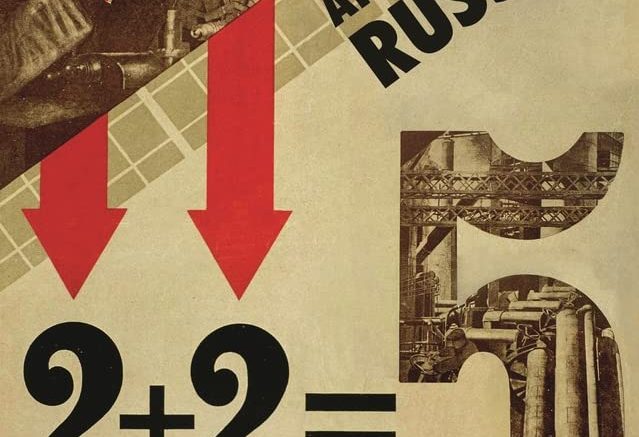Growing up in the Soviet Union, Masha Karp read George Orwell’s novels, and in particular 1984 and Animal Farm and could not understand something. How could someone who never lived in her country, who did not even speak Russian, understand what life under totalitarianism felt like? In this excellent book, she explores how that came about.
Orwell’s interest in Soviet Russia, his opposition to its ruling elite and ideology, did not come about due to his experiences in Spain, as is widely believed. Yes, Orwell was shocked by the behaviour of the Communists and their allies during the Spanish Civil War, in which he fought as a volunteer. But Orwell himself wrote that it was in the mid-1920s, a decade earlier, that he first formed those views. He did so while living in Paris, under the influence of a man he grew to detest, Eugene Lanti. Lanti was an Esperantist and Orwell intensely disliked the language — even parodying it in 1984. But Lanti was also an early leftist critic of the Soviet Union. When Orwell returned to England and lived in Hampstead, he was again strongly influenced by anti-Stalinist leftists, who, as it turned out, were also Esperantists.
Karp goes into great detail not only on the evolution of Orwell’s views, but on the views themselves. She unflinchingly defends Orwell’s involvement in early Cold War anti-Soviet actions, though he died before he could play a leading role in some, like the Congress for Cultural Freedom. And the book ends in an up-to-the-minute account of Russia’s return to a form of totalitarian rule, including an analysis of Russia’s invasion of Ukraine in 2022.
A fantastic book and a great read — with a wonderful cover that is actually, apparently, a Soviet poster from the Stalin era. (You couldn’t make that up.)
